
This week, House Freedom Caucus Members proposed ending the ability of businesses to deduct their state and local business and property taxes on their federal income tax returns. (Politico, Jan. 15)
Why It Matters
Industry & Congressional Response

House Ways and Means Committee Chairman Jason Smith (R-MO) and House SALT Caucus Co-Chair Rep. Tom Suozzi (D-NY) are scheduled to address Roundtable members at the State of the Industry Meeting next week.

This week, the Senate conducted confirmation hearings for several of President-elect Donald Trump's Cabinet nominees, providing critical insights into the nominees' perspectives and potential policy directions on real estate, housing, the economy, and tax policy under the incoming administration.
Senate Confirmation Hearings
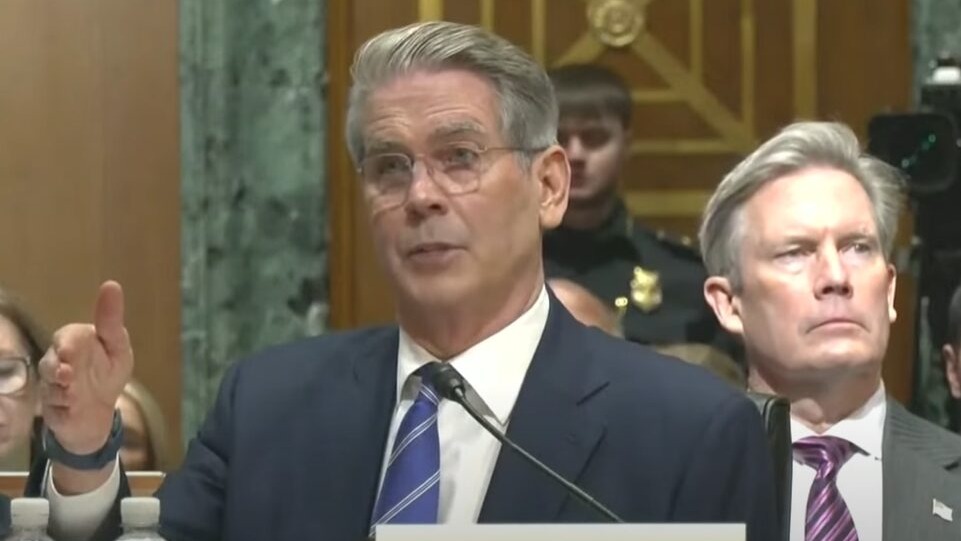
Federal Housing Finance Agency (FHFA) Nominee
House Ways and Means Committee Hearing - TCJA
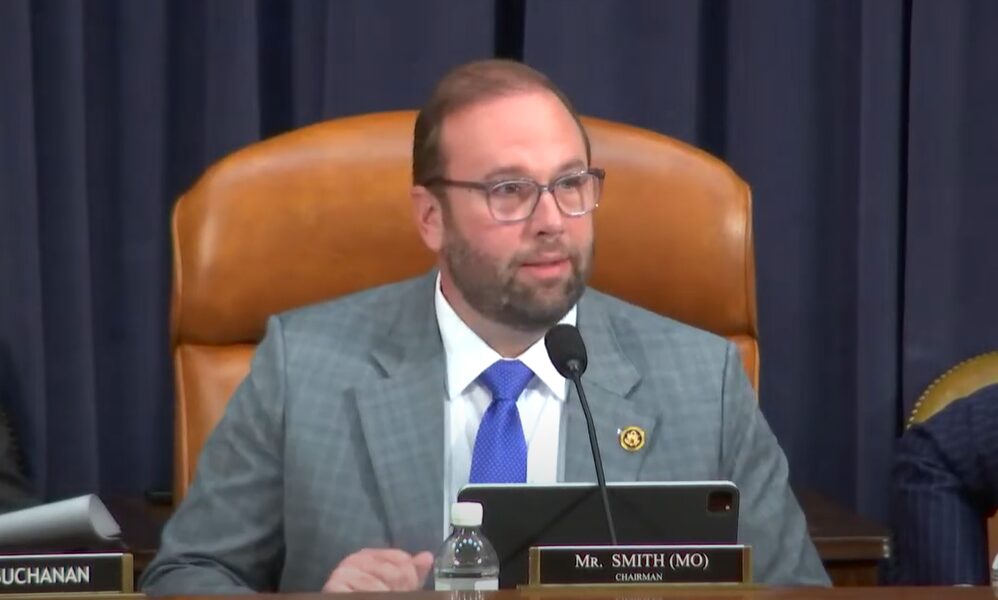
What’s Next: RER President & CEO Jeffrey DeBoer will be on Marcus & Millichap’s 2025 Economic & CRE Outlook webinar next Thursday, January 23. He will be joined by Mark Zandi and a panel of industry leaders discussing the macro environment and the potential policies of the new administration and key trends on jobs, the FED outlook, tax policy expectations and more. (Register)
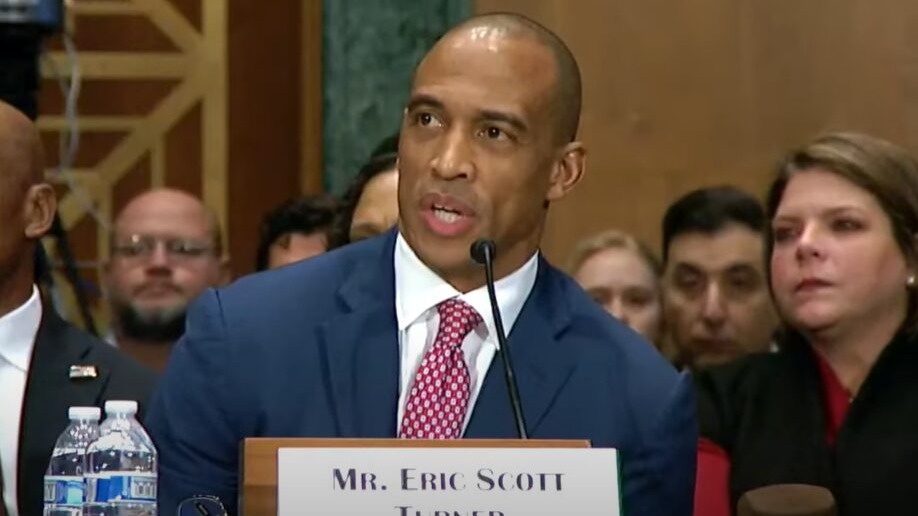
Scott Turner, President-elect Donald Trump’s nominee for Secretary of Housing and Urban Development (HUD), emphasized the transformative potential of Opportunity Zones (OZs) and collaboration with the private sector during his Senate nomination hearing on Thursday. (The Hill, Jan. 16)
Senate Hearing Recap
HUD Nominee’s Policy Priorities
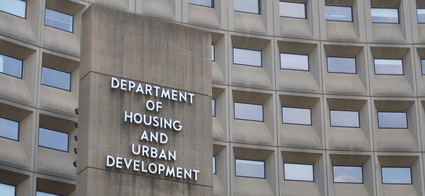
The Power of Opportunity Zones
RER will continue to work with policymakers in Congress and officials at HUD to build on the success of programs like Opportunity Zones. Through bipartisan policies that harness the power of the private sector to significantly increase the supply of affordable housing, the U.S. can make meaningful progress toward ending the housing crisis.
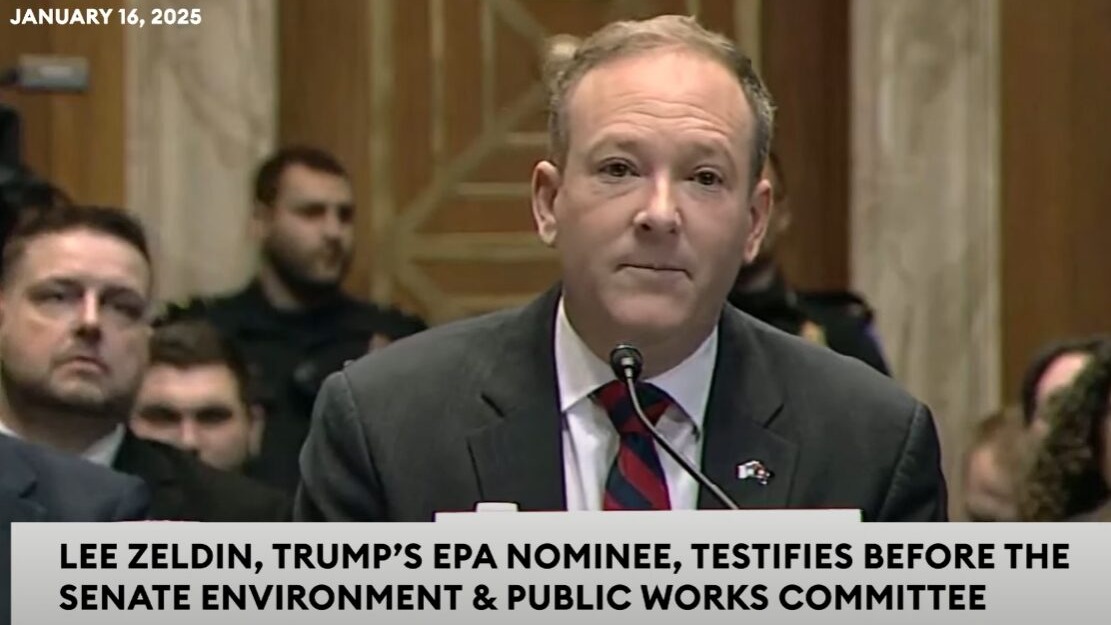
This week’s confirmation hearings shed light on the Trump Administration’s ambitious energy agenda, including plans to expand American energy production, streamline project approvals, and explore a carbon tariff on imports. (PoliticoPro, Jan. 16)
“All of the Above” Energy Policy
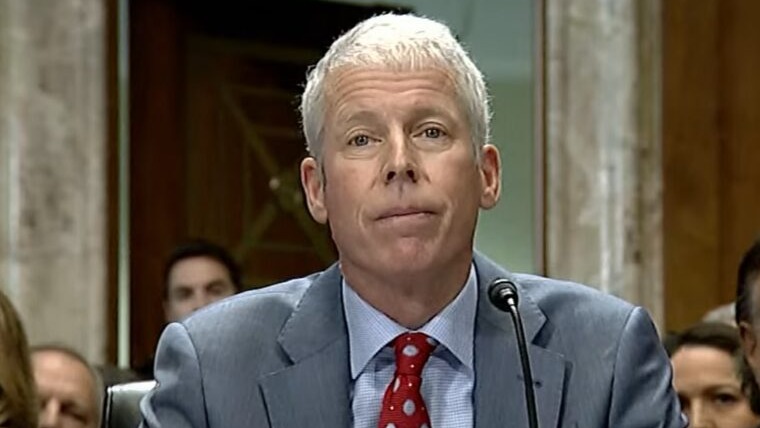
Carbon Tariff Proposal
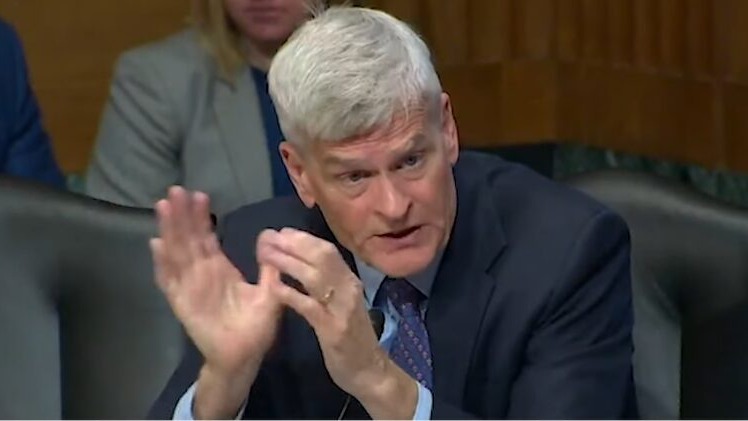
Other Energy News This Week


The fires in Los Angeles this week have caused tremendous damage to lives and property, demonstrating how risks from natural catastrophes are a growing challenge to both people and industries across the country. National policy solutions are needed to prepare for the future and effectively manage natural catastrophe risk. (Associated Press, Jan. 11 | RAND, Jan.16)
Historic Damages
Insurance Impact
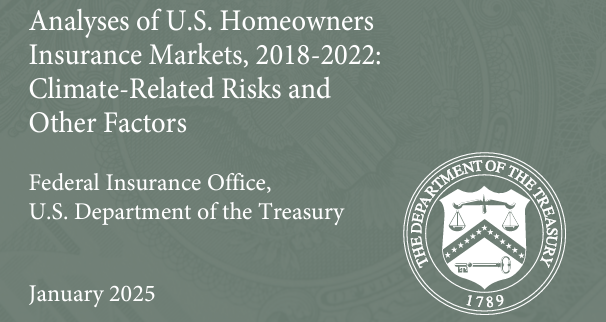
Policymaker and Industry Reaction
Real Estate Industry Response
Natural catastrophe insurance will be discussed at RER’s upcoming Homeland Security Task Force and Risk Management Committee Meeting next week at our 2025 State of the Industry Meeting in Washington, DC.